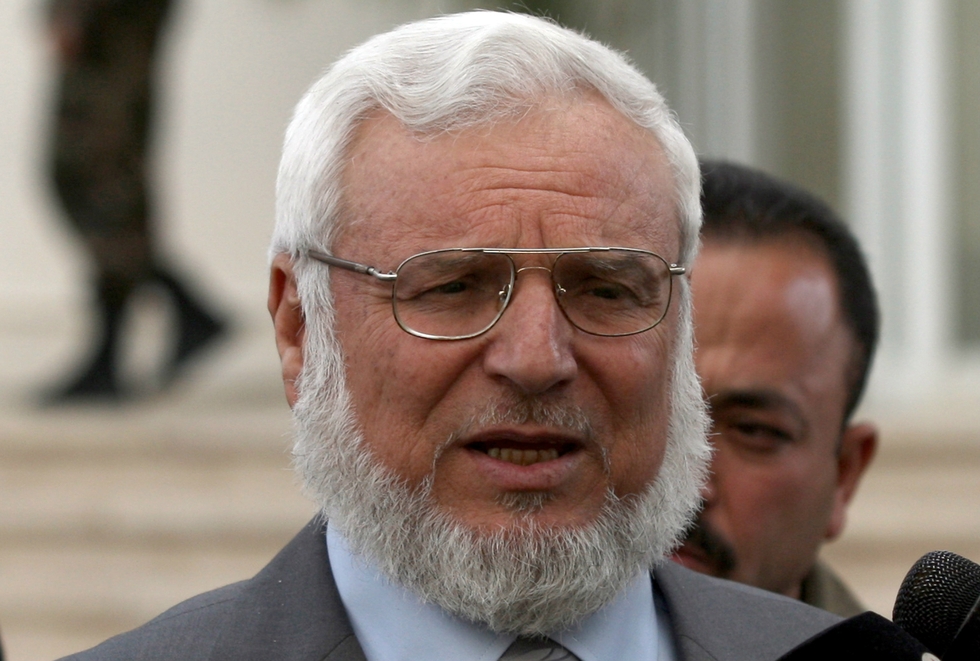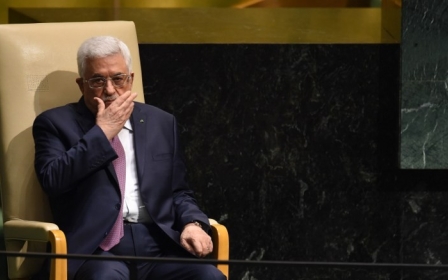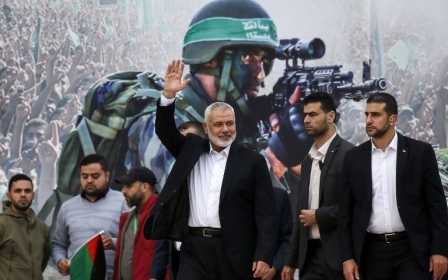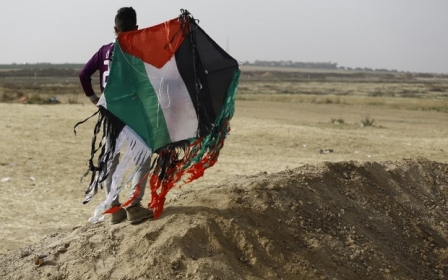Palestinian security forces block news conference by Hamas parliament speaker

Palestinian security forces have prevented a news conference by the speaker of the Hamas-controlled Palestinian parliament after a court ordered the largely defunct body dissolved.
Guards in Ramallah in the occupied West Bank deployed in the area outside the Palestinian Legislative Council building on Wednesday ahead of a scheduled news conference by speaker Aziz Dweik, a Hamas member.
A spokesman for the Palestinian security services said they were enforcing the court decision and that former members of parliament no longer have the right to use the building since the body has been dissolved.
In comments to Hamas's Al Aqsa television, Dweik said he had been detained at a checkpoint and denounced the actions of the security forces, calling the court's decision illegal.
Hamas official Sami Abu Zuhri called the security forces' actions a "serious escalation".
It was the latest controversy over Palestinian Authority President Mahmoud Abbas' move to dissolve the parliament, which has not met since 2007.
Dissolving the parliament allows Abbas to further pressure his rivals Hamas, which runs the Gaza Strip, the AFP news agency reported.
While the parliament has been largely defunct, Palestinian law allows for its speaker to act as interim president should 83-year-old Abbas die in office.
'Arbitrary decisions'
The ruling to dissolve parliament was made by the Palestinian Constitutional Court in Ramallah, and Hamas has said it rejects the move by a court created by Abbas "to legitimise his arbitrary decisions".
The ruling also called for elections within six months.
In a landslide, Hamas won the last parliamentary elections in 2006, resulting in an electoral dispute with Fatah.
Hamas seized control of the Gaza Strip the following year, and the split between them and Abbas' Fatah has persisted.
A range of issues have kept the two sides apart, including Hamas' refusal to disarm its military wing.
Abbas, whose Fatah is based in the West Bank, has sought to pressure Hamas in recent months by reducing salaries in the Gaza Strip, which is under an Israeli blockade, among other moves.
Abbas' term was meant to expire in 2009, but he has remained in office in the absence of elections.
New MEE newsletter: Jerusalem Dispatch
Sign up to get the latest insights and analysis on Israel-Palestine, alongside Turkey Unpacked and other MEE newsletters
Middle East Eye delivers independent and unrivalled coverage and analysis of the Middle East, North Africa and beyond. To learn more about republishing this content and the associated fees, please fill out this form. More about MEE can be found here.




